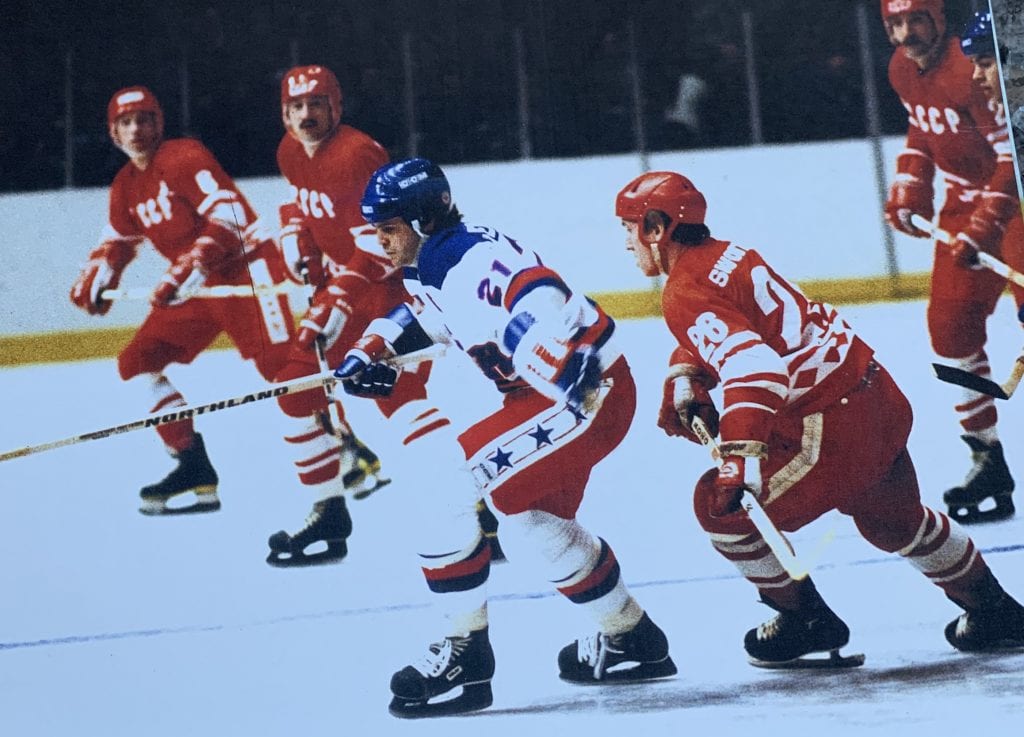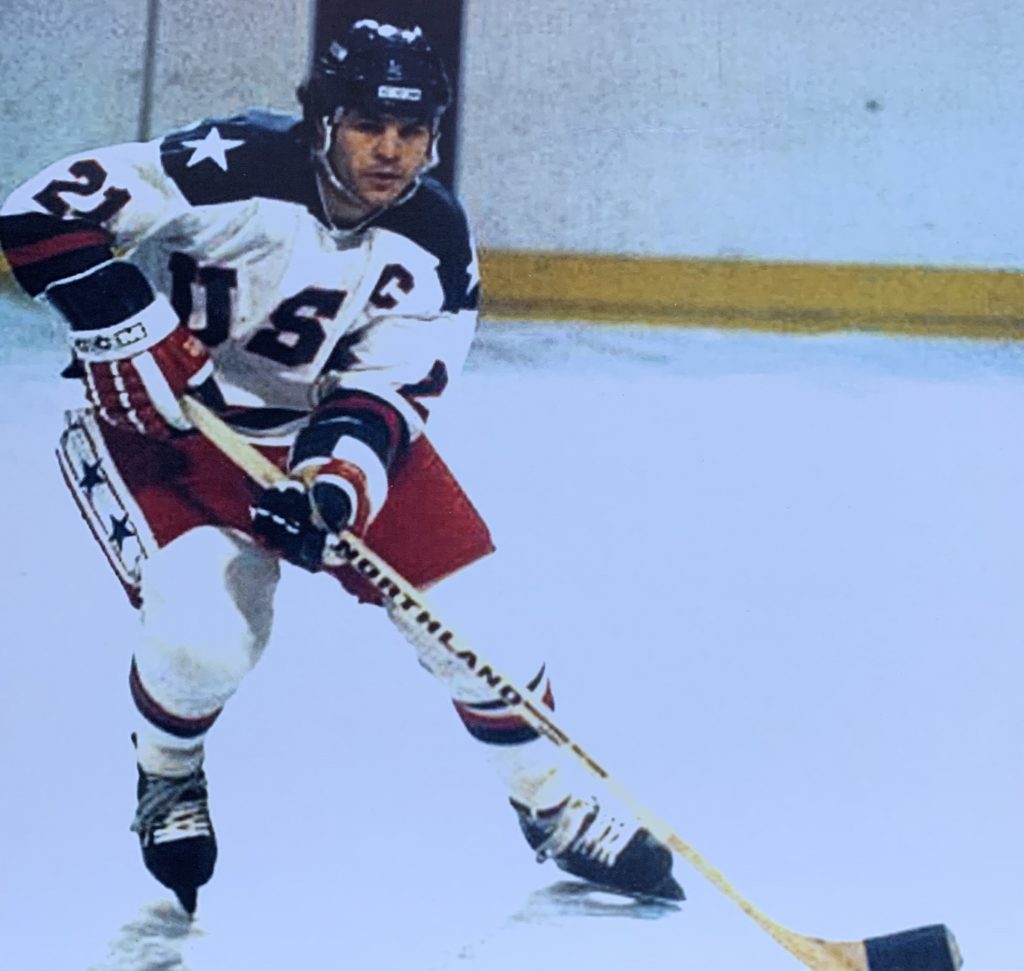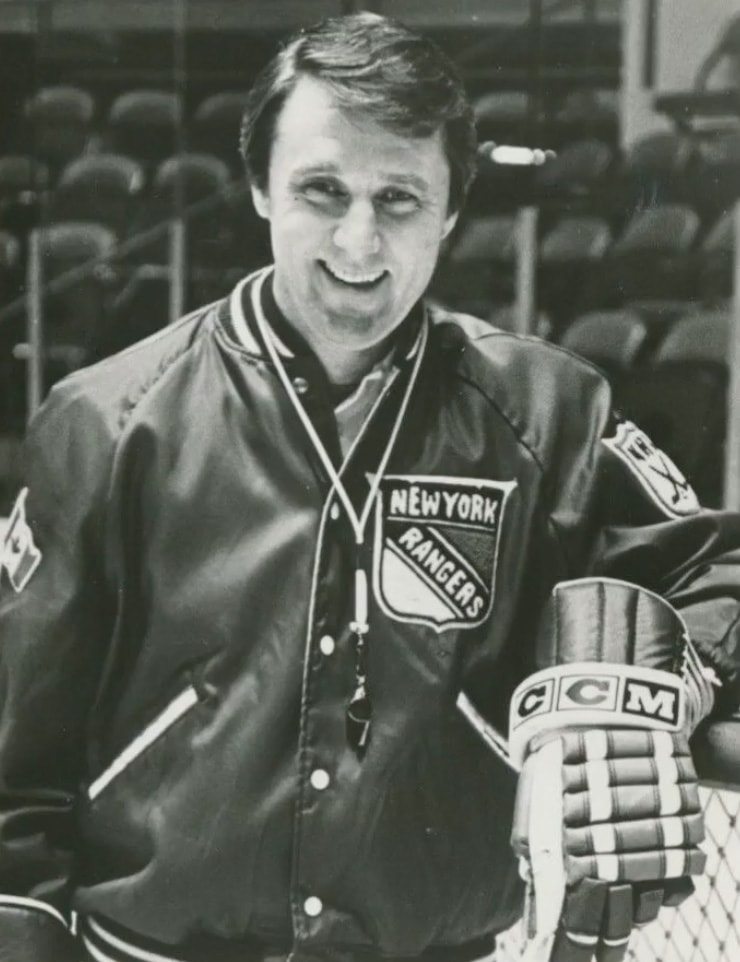By the time most Americans saw the most iconic sports moment of the 20th Century, it already had happened, and yet we still couldn’t believe our eyes.
Our boys had done it, taken down the mighty Soviets in the most unexpected outcome in the history of Olympic hockey. That showdown at the 1980 Winter Games in Lake Placid, New York, was not for the gold medal – the U.S. team would claim that hardware with a win over Finland a few days later – but it’s the ‘Miracle on Ice’ that still thrills us today. Why? Because of the magnitude of the upset and who it was against – a Russian team viewed as the most dominant hockey club in the world.
It was played not in primetime, but in the afternoon on Feb. 22, 1980. There was no internet and no live broadcast. ABC tape-delayed the game so it could be part of its Olympics coverage that evening. Some people knew the outcome before they watched, some did not, but it didn’t matter.
It was an event not to be missed. We all remember where we were. I was with my family, glued to a television screen at home in Troy, Michigan.
We can still see the images: the barrage of shots turned away by goaltender Jim Craig, the 50-foot missile by Buzz Schneider for the first U.S. score, the two goals by Mark Johnson that twice tied the game, and the dramatic game-winner by gritty U.S. team captain Mike Eruzione in the third period. For those of us watching television that night, even as time ran out and Al Michaels said “Do you believe in miracles?”, we knew this was a moment that would live forever.


The only way to grasp the improbability of the 4-3 U.S. victory is to know the context. The American team comprised mostly of college players was viewed as inexperienced and completely overmatched. The Soviets had won four consecutive gold medals (dating to 1964) and had not even lost a game in Olympic play since 1968.
The Russian team featured numerous pro players who in a 1979 exhibition had routed a team of NHL All-Stars 6-0. The average age of the U.S. team was 21, making it the youngest team in the Olympics.
When the Soviets and Americans played in the final exhibition game for both teams heading to the Games, the Soviets won 10-3. It was so one-sided the Soviet coach would later say it caused his team to underestimate how much the U.S. had improved when they met again a month later.
Once the Olympics started, the brilliance of U.S. coach Herb Brooks’ preparation was clear. Brooks had put his team through a grueling year of work, playing 61 exhibition games and instilling a European style of wide-open play to better compete with the only opponent that mattered, the Soviets. It took time for the American college players to grasp Brooks’ system, to come together as a team, but when the Games started, the U.S. was ready.

Most people don’t remember that the Americans also beat the No. 2 seed in the Olympics, Czechoslovakia, and went through the qualifying round undefeated at 4-0-1, the tie coming when the U.S. scored with 27 seconds left for a 2-2 final against Sweden.
But the view was every other team was playing for silver or bronze because the Soviets were that much above than the rest. There is no doubt the quality of the opponent increased the intensity and focus of the underdogs, but by the time these two teams took the ice, the U.S. had played five consecutive great games. The Americans knew they could compete.
In the U.S. locker room before the most famous game his players would ever experience, Brooks pulled out a piece of paper and read it: “You were born to be a player. You were meant to be here. This moment is yours.”
Over the next 60 minutes, the Americans delivered a moment for all of us and it still stands as a testament to preparation, teamwork, skill – and a belief that miracles do happen.















